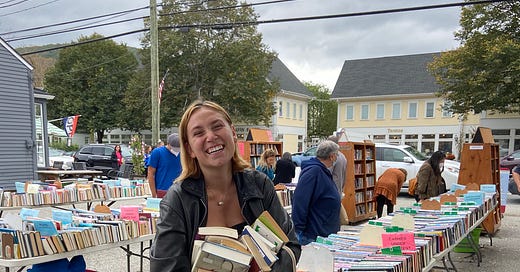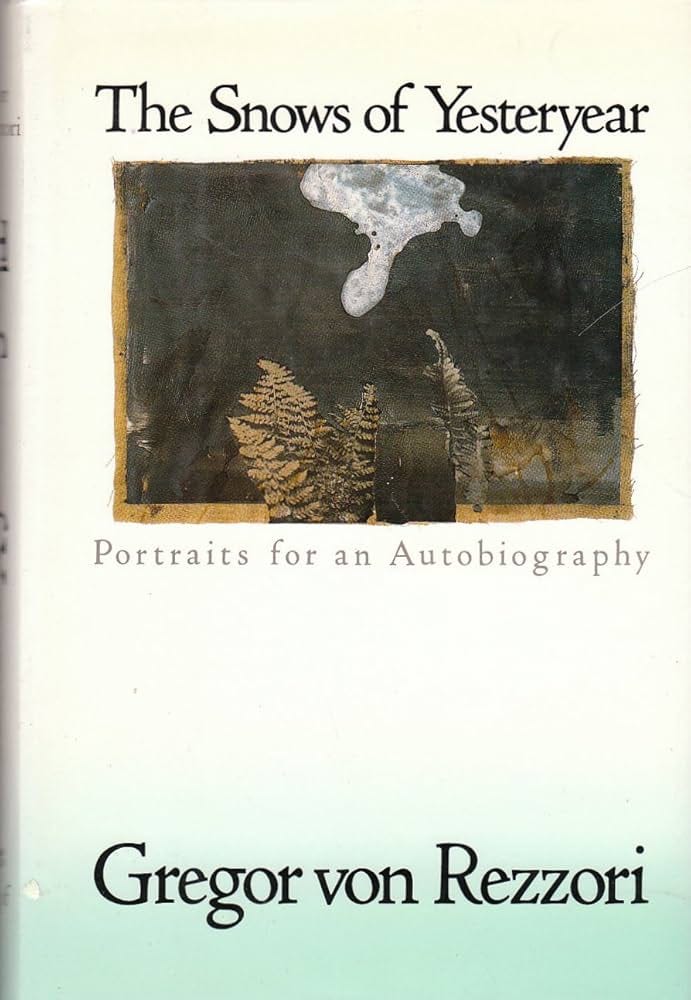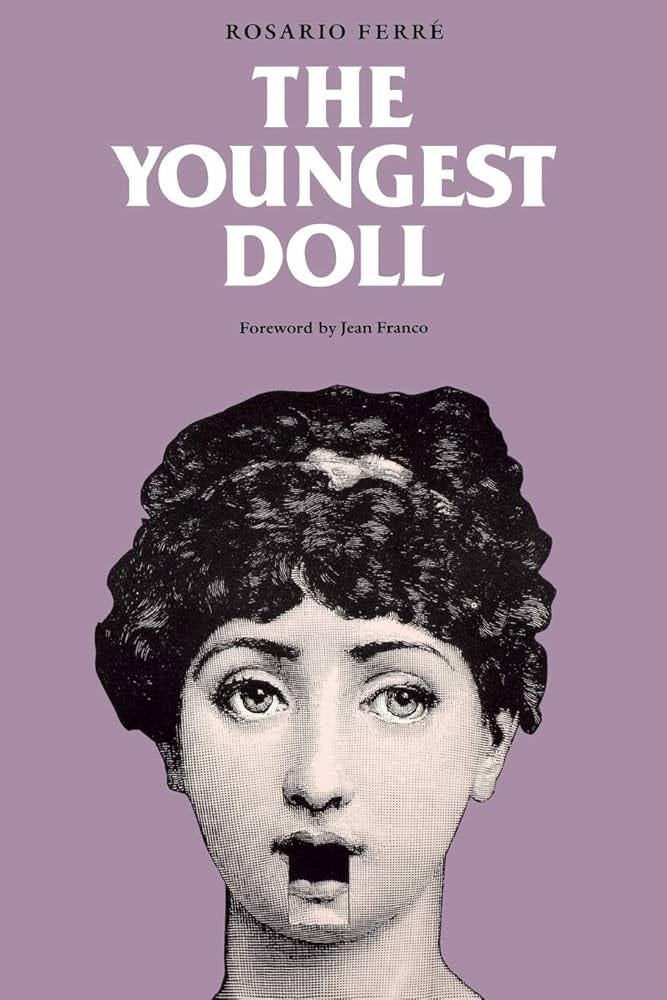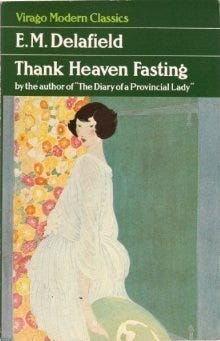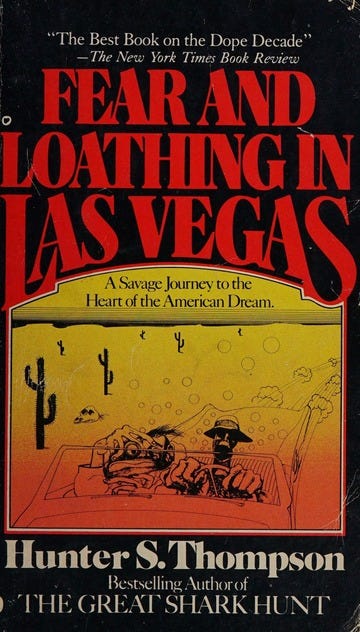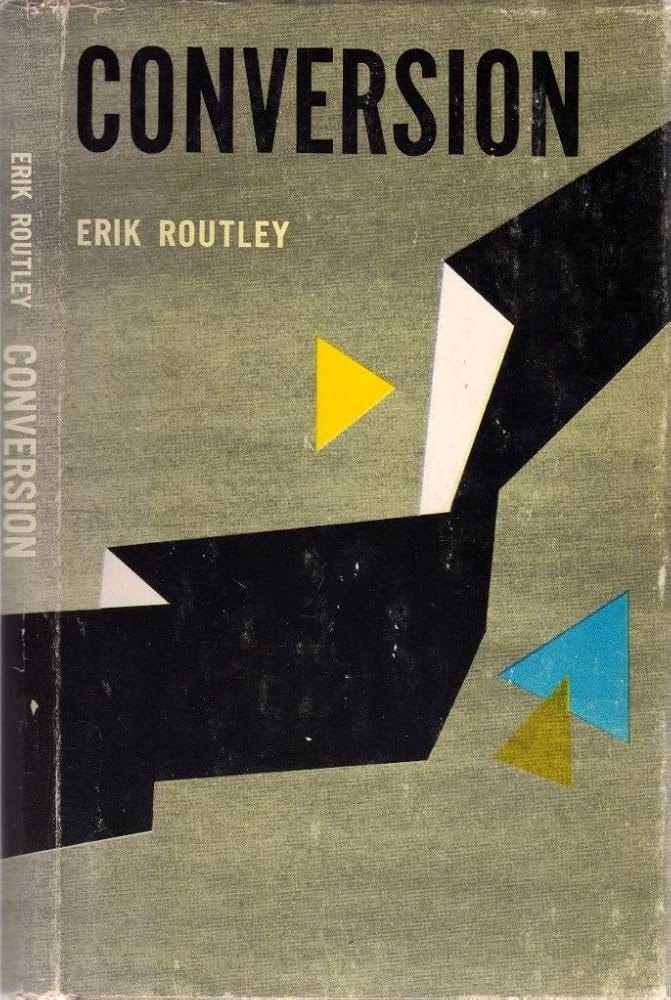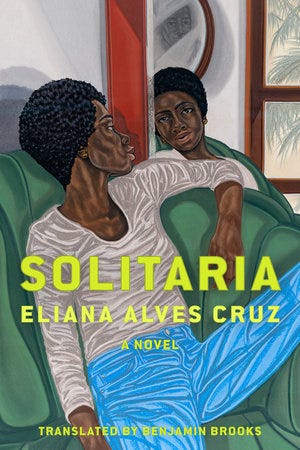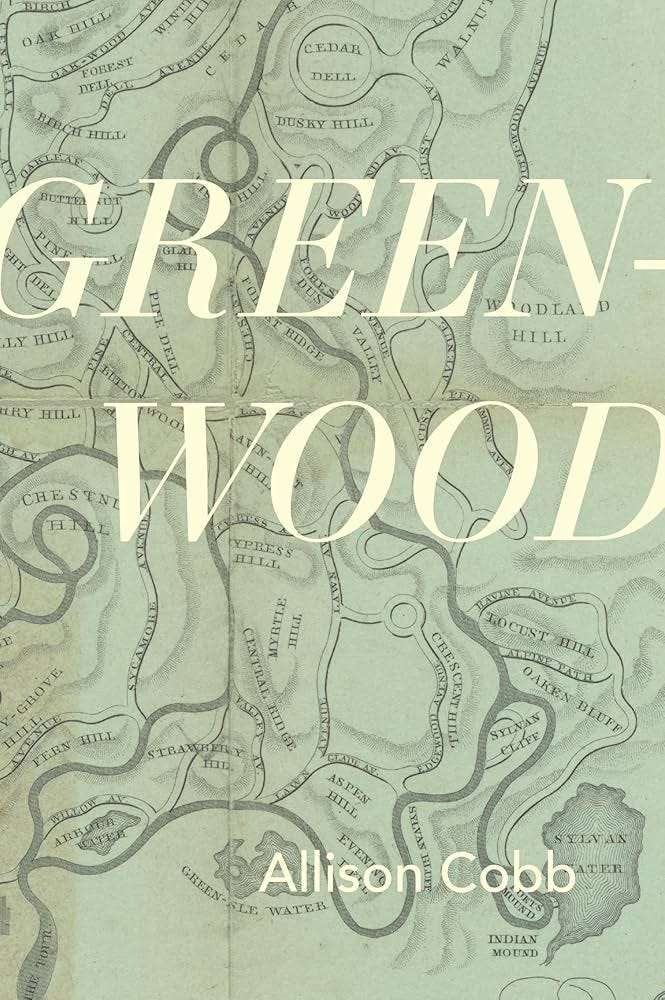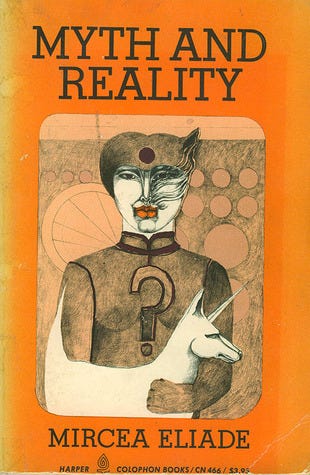My reading is always eclectic, but May felt like a very random reading month in a bad way. Below is a laundry list of my vexations with genre, contemporary literature, and my own bad buying habits. Enjoy!
The Snows of Yesteryear by Gregor von Rezzori (1989). A discursive autobiography of von Rezzori’s childhood that moves between various outposts of the Austro-Hungarian Empire. It checks all the boxes— a vaguely aristocratic upbringing that is richer in land than capital, a father who is affably antisemitic until the onset of the Second World War, a mother perennially mourning a past she can’t quite grasp is lost forever. A larger reckoning with a lost European world. 4/5
The Youngest Doll by Rosario Ferré (1976). This is in the genre of feminist ‘body horror’ magical realism, though I wonder if Ferré didn’t lowkey invented it? The title collection is about a porcelain doll filled with honey and men who treat their wives like inanimate objects. This reminded me of Her Body and Other Parties except that I actually liked it. 4/5
Thank Heaven Fasting by E.M. Delafield (1933). This made me reconsider how indiscriminately I buy old Virago Modern Classics when I come across them, because you can only read so many novels about debutantes in early 20th century Britain? And this one was both forgettable and a downer, to be honest. 3/5
Fear and Loathing in Las Vegas by Hunter S. Thompson (1971). Either I’m too old for this kind of book or it was a huge mistake to listen to it on audiobook— I came away from it not sure what makes it Gonzo journalism as opposed to just an essay or a piece of non-fiction? It was muddled and chaotic but not thrilling (though it did make me laugh a few times). Ultimately I’m not very invested in questions of genre and remain highly skeptical of anything lauded as the ‘new.’ Am open to discussing this. 3/5
Conversion by Erik Routley (1978). A slim book on the theology of conversion that I picked up for $1 at a library book sale. This is not a how-to, but an exposition of the philosophical and theological underpinnings of conversion as process. It was surprisingly moving. “‘Evan-gel’ means ‘good news,’ and ‘gospel’ is an old Saxon word meaning the same thing. The good news is that God wants men and loves them, and it is always news, and always good. Does this world look as though it knew that its Creator loves it? Does it look as though it knew that its Creator is good?” 4/5
Solitaria by Eliana Alves Cruz (2022, translation forthcoming August 2025). I read this to review for Asymptote so I’m not going to give away any takes… but this is the first novel by the Afro-Brazilian writer Eliana Alves Cruz to be translated into English! (I will say that the blurb compares her to Tove Ditlevsen which is completely mystifying to me).
Green-Wood by Allison Cobb (2010). I feel like I’m being such a hater, but I picked this poetry collection up because Greenwood Cemetery is everything to me and then it was also about 9/11 for some reason? Hybrid poetry / “cultural biography” is not the genre for me. Call me old-fashioned, but I more or less think a book should be beautiful OR have an argument of some kind. Great if it can do both. This did neither. 2.5/5
Myth and Reality by Mircea Eliade (1962). Eliade was a hugely influential 20th century historian of religion and religious experience, especially as it pertains to ideas of time, historiography and the modern— which happens to be my exact interests. This was fascinating, though it focused more on indigenous and ancient civilizations than I expected. My favorite thing about Eliade is how well he elucidates a conceptual framework for writing about religious philosophy. For example: “Myth, then, is always an account of a ‘creation’; it relates how something was produced, began to be.” And this banger: “‘Nature’ at once unveils and ‘camouflages’ the ‘supernatural’; and this, for archaic man, constitutes the basic and unfathomable mystery of the World.” 4/5
